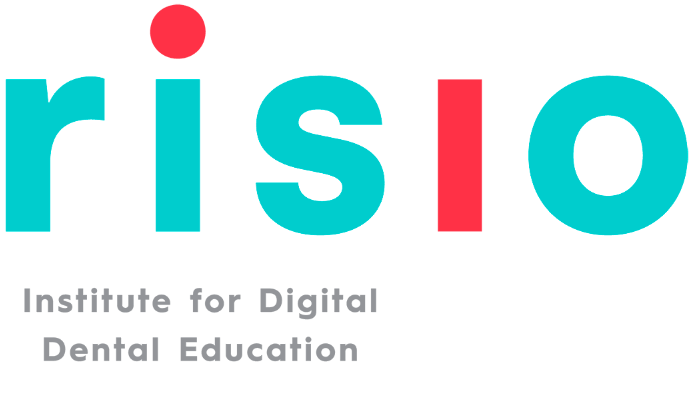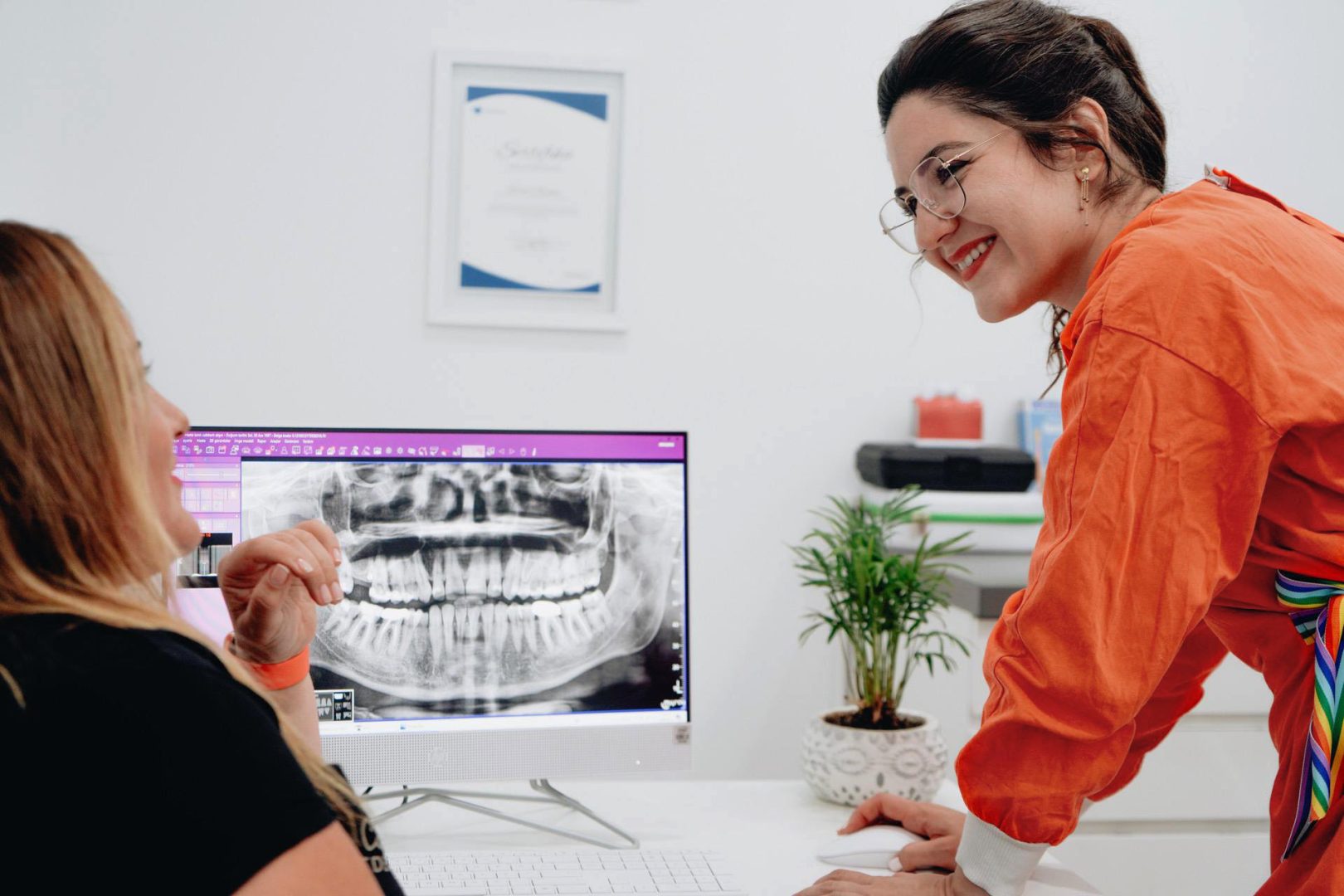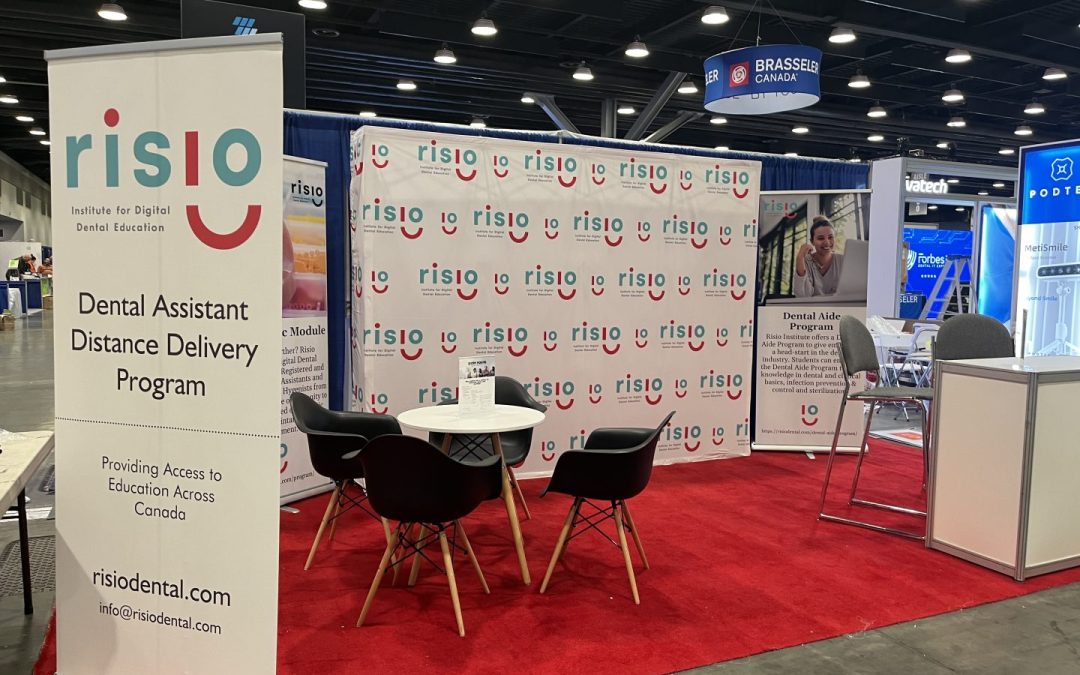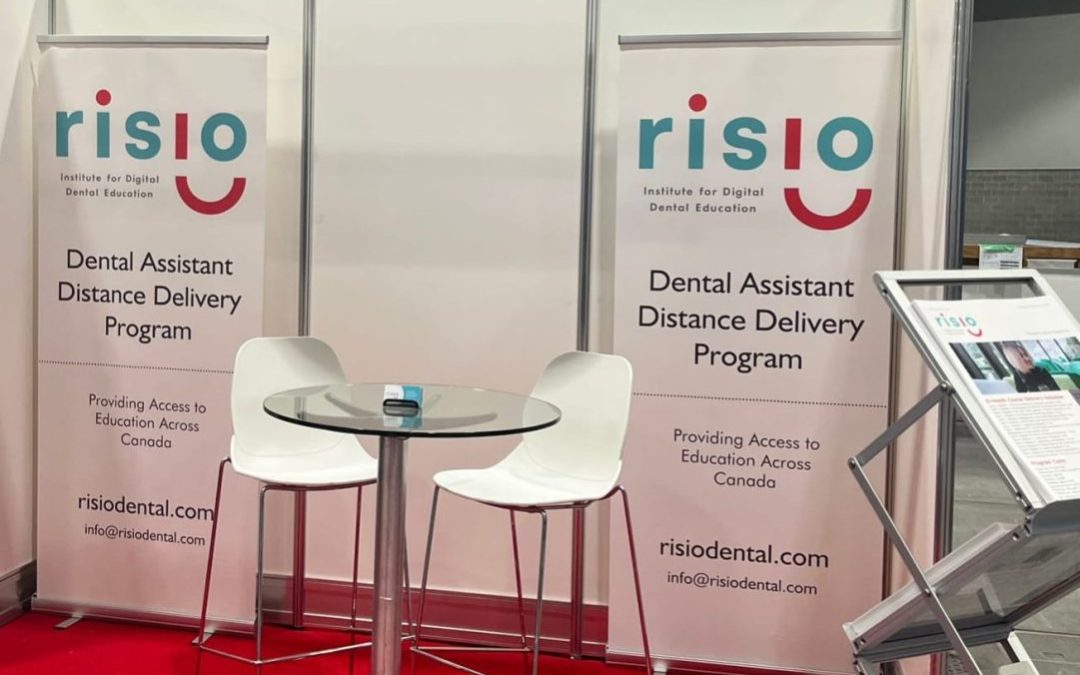Dental assistants play a crucial role in many dental procedures, but they’re also vital for making patients feel comfortable during appointments. To succeed in this career, all dental assistants must possess essential people skills, from interacting with patients and coworkers to staying professional in different situations.
At Risio, we provide top-quality dental assistant training program for Canadians, which includes time spent helping them develop the necessary people skills for the job. Below, we’ll go over the most important people skills you’ll need to enjoy a successful and long-lasting career as a dental assistant. Let’s dive in!
See also:
1. Communication Skills
Whether you’re speaking with a patient or a colleague, communication is essential for all dental assistants. Often, it is the dental assistant’s job to explain complex terms and subjects in ways a patient will understand. Educating the patient on the procedures they will have done, following up afterwards, and providing clear guidance on oral hygiene all helps ensure the patient has the right experience.
Dental assistants are also in constant communication with dentists and dental hygienists, which requires clear and concise reporting. Since dental assistants provide support during many procedures, they should be able to anticipate what the dentist will need and accurately aid them in these situations.
Finally, dental assistants who can communicate effectively with patients and professionals help create better experiences for visitors. This brings more value to the practices where they work.

2. Listening Skills
Listening is another important skill to possess in a dental assisting career. Taking the time to listen to each patient’s concerns helps to build a lasting rapport between the practice and their clientele. It also provides the practice with the details necessary to develop effective treatment plans for each individual.
Listening to a patient’s concerns and expectations is not the only time a dental assistant must possess good listening skills. During surgical or routine procedures, a dentist will direct the dental assistant in how and what to do to be helpful. To effectively assist in these procedures, dental assistants must listen closely and follow instructions accurately to ensure successful outcomes.
3. Bedside Manner
Do you know anyone afraid of the dentist? Almost 50% of Canadians with high dental fear avoid or cancel their appointments due to the anxiety associated with dentistry.
Being friendly and relatable is an excellent way to make a patient feel safe and comfortable. It can also encourage patients to stick to their appointments.
Making patients feel safer and more comfortable benefits the practice as well as the patient. Having great bedside manner can lead to:
- Greater patient satisfaction
- Increased patient retention
- Better transparency from the patient about their oral hygiene practices
- Quicker recovery times
- Improvements to the reputation of the dentist and their practice

4. Teamwork
Dental assistants must work with multiple individuals to ensure procedures and patient experiences go according to plan. To do so, dental assistants have to be flexible, friendly, and good at conflict resolution.
Assisting a dentist during procedures requires the two to work together to come out with the best result. The ability to contribute to problem-solving and understand different perspectives makes the process smoother by boosting productivity and producing better outcomes.
Because a dental assistant works with an array of people, they must also be open to receiving constructive criticism, as this career has very technical components. A successful dental assistant will be able to adapt and learn from a dentist’s notes.
5. Maintaining a Professional Demeanor
Dental assistants are often faced with situations that test their professionalism. For example, many people feel insecure about their oral hygiene, especially when they have complicated oral health issues. When dealing with these patients, a dental assistant must make the patient feel as comfortable as possible. They can help achieve this by reassuring the patient that their objective is to help, not judge.
Dental assistants also need to remain professional when speaking with others working in the practice. This means taking their work seriously, arriving to work on time, and being prepared for the workday.
Keeping a professional attitude demonstrates great work ethic and shows that a dental assistant is serious and passionate about their work.
6. Empathy & Understanding
Having empathy and understanding is vital for dental assistants to create positive environments for patients and coworkers. Not only does this help assuage some patients’ anxiety about going to the dentist; it also makes them more likely to communicate accurately when describing their concerns to the dentist or anyone else at the practice.
Because so many Canadians avoid going to the dentist, having compassion and empathy plays a key role in patient retention. Recognizing a patient’s pain or concerns provides emotional support for the patient and increases the rapport between them and the practice.
But accurate communication is valuable, too—patients who feel cared for by the staff at their dental practice will be more forthcoming and less likely to miscommunicate out of anxiety. This means a dental assistant’s ability to demonstrate empathy for patients can directly translate into faster and more meaningful care.
Your Career in Dental Assisting Begins at Risio
The people skills discussed above can form the foundations for a successful and rewarding dental assistant career. A dental assistant who has these people skills demonstrates superior value and will prove to be an asset to any dental practice. Don’t believe us? Check out Indeed.com’s list of essential skills for dental assistants, where interpersonal skills take the #1 spot—even over things like technical skills.
At Risio Institute, we offer comprehensive training for dental assistants, including help to develop these people skills. Call us to learn more about taking the next step in your career.











